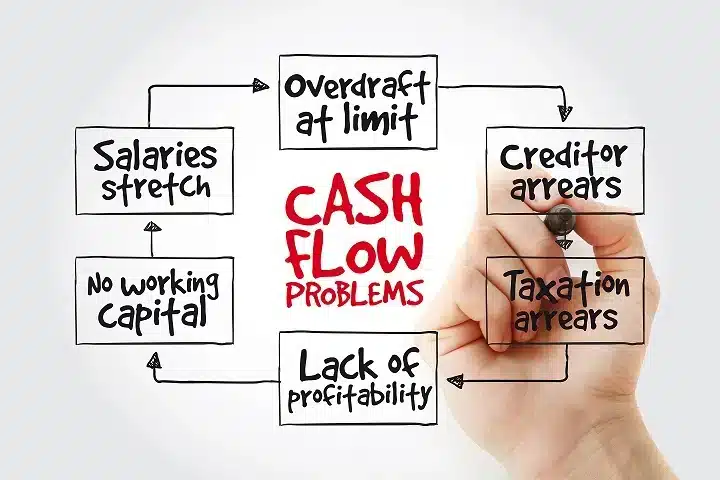Solutions to your short-term cash flow problems
Turn your slow-paying invoices into cash with invoice financing. Keep your business flexible and financially stable.
Solutions to your short-term cash flow problems
Turn your slow-paying invoices into cash with invoice finance. Keep your business flexible and financially stable.
Get an Instant Quote
Financial Solutions
for Your Business
Companies are taking longer and longer to pay their invoices, creating cash flow problems for small businesses.
Improve your cash flow with invoice financing and put our 10+ years of industry know-how to work for you.
Invoice
Finance
If your clients pay in 30 to 90 days and you need immediate funds to pay company expenses, then invoice financing may be the answer to your temporary cash flow challenges. This finance option is available for companies of all sizes.
Labour Hire Agency
Finance
If your clients pay in 30 to 90 days and you need immediate funds for payroll expenses, then invoice financing for labour hire agencies may be the answer to your cash flow challenges. This finance option is available for companies of all sizes.
Mining Services Company
Finance
If your mining industry clients pay in 30 to 90 days and you need funds for expenses, then invoice financing for mining services companies may be the answer to your cash flow challenges. This finance option is available for companies of all sizes.
Progress Claim
Finance
If you are a subcontractor operating under the Security of Payments Act and your clients, principal contractors and builders pay in 30 to 60 days, progress claim financing may be for you. This finance option provides funds to cover company expenses.
We have a proven track record working with Australian companies in most industries, including labour hire , transport ,mining services and consulting.
Focus on improving operations and exploring growth opportunities
If you have invoices due from clients in 30 to 60 days but need the cash now, invoice finance may be for you.
Get dependable, short-term cash flow support today!

Go from 30 to 90 day waits to quick cash flow with our invoice financing services

With Our
Financing Solutions
Are You Set Up for
Invoice Financing Success?
Our experience helping hundreds of small businesses tells us companies that successfully use our solution typically:

Get the Funding You Need
Simply fill out this form and a credit manager will contact you shortly, or call 1300-856-894 to speak directly to a representative.

We offer competitive invoice finance and progress claim financing rates. Terms vary based on transaction risk and will be explained by your credit manager.

Integrity is number one at Commercial Capital. So you can be assured that in every interaction you have with us, we will be honest and straightforward.

Praise for Commerical Capital


A Few Words from Our Founder
Marco Terry
I’ve been helping companies solve their short-term cash flow challenges through trade finance for over 10 years. Invoice factoring, purchase order financing and sales ledger financing are among small and mid-sized businesses’ most valuable financing methods.
The companies most successful with invoice factoring understand it’s a temporary bridge to a longer-term financing solution. They have a plan to eventually transition to another type of funding, such as bank financing.













